Thanks to trade, things aren’t as bad as they may seem.
The rational optimist by Matt Ridley. In this book, Ridley outlines the evidence that things are actually pretty good, and that he’s hopeful they will continue to improve. It is a pleasant antithesis to the constant flood of news, opinion, and texts that suggest things have never been so bad. This book was reminiscent of ‘The better angels of our nature’ (by Steven Pinker), though much broader in its scope.
The core message is that, through trade, economic growth, and development, conditions for humans have improved. Perpetual innovation will help to solve many problems for humans. Specialisation and exchanging of goods through trade is the driving force behind all of this.
One argument that took me by surprise was the emphasise on efficiency from a land-use perspective, with a view to preserving more for wildlife. For example, more intensive, highly efficient family uses only a fraction of the landed needed for ‘organic’ farming, and he argues this can be used for natural habitats.
Key points:
- In almost every metric, humans (on average) have it better now than ever. Particularly so for amount of time needed to work to obtain a certain item.
- This is unique to humans, and Ridley argues it is due to the ability of ideas to combine
- We now have culture/technology that comes from the production of multiple (thousands of) individuals
- So, in effect, other people do work for us so we can pay a fraction of the cost for a product (which would take a very long time to make ourselves): all due to exchange and specialisation
- No fundamental difference in how preand post-industrial people trade or act economically. [Apparently this is not a commonly held belief.]
- Wealth does positively associate with happiness (overall), up to a point. Though most happiness comes from freedom & inclusivity. Financial hardship and lack of trade correlates with lack of social freedom and reduced wellbeing.
- There tends to be a positive correlation between wealth and social freedoms
- Interesting that republicans typically like trade growth but dislike the accompanying social change whereas liberals want the social change but not the driving trade increase.
- Sourcing items locally is not more efficient (or green) as it means doing things more inefficiently or independently
- In terms of evolutionary genetics, a change in behaviour would select for keeping a genetic mutation, not the other way round
- Critical evolutionary difference was learning to barter: to exchange two different items of value, even if not totally fair (in terms of hours of work)
- Sex differences in hunting-gathering may have been the first example of division of labour for improved outcomes (male individuals hunted for occasional protein, whilst female individuals provided dependable carbs and veg)
- Need to be able to sustain a large enough community size in order to facilitate technological innovation
- Therefore, need advances in food production to allow a larger community to generate innovation
- There is a reciprocal relationship between exchange and trust, so it has grown with time, but the ‘first’ trade was a large gamble in trust
- He argues that the market is overall a good thing as it promotes both
- Commerce affords people the time to do creative arts so increase in trade goes with rises in creative endeavours
- Companies are temporary structures to help individuals produce and others consume
- Rules and institutions comprise intangible wealth (education, free economy, systems) that are the main determinant of national prosperity
- Yet, excess regulation and rules stifles trade and innovation across multiple nations over millennia – so it is a careful balance
- Farming developed to allow us to move down the food chain and eat grains; it was forced to develop because of trade as it is specialisation where animals (or crop) do the work for you
- Trade came first before farming (based on items they had) and certainly before urban settlements
- Change in practices, especially use of motorised equipment for farming, meant much less land needed and therefore better efficiency
- Fixing nitrogen from the air for use in fertilisers was a critical rate limiting step in increasing the efficiency of farming
- Intensification, not ‘organic’ practices, including drip irrigation, allows less land to be used for farming and more to be preserved for nature
- Means of travel (ships, camels) often facilitated prosperity through increased trade
- Cities better places to live by land area efficiency and people tend to be happier in them
- There is a history of people choosing to work in factories over farms
- Populations cycle boom and bust: they expands with increasing prosperity (and therefore offspring survival) until they struggle to support the number of people and/or infection kills off large numbers
- But technological advances have mostly got around this
- The relatively recent fall in birth rate is multi factorial but almost certainly related to improved equality for women, including education and sexual health provision
- Think of England during the industrial revolution like Silicon Valley in the last 50 years; both became the place people went to for innovation
- Coal/oil use is highly efficient in terms of space and therefore preserves natural landscapes (compared to farming using animals and then needing land for those animals, for example). Also, compared to biofuel or other renewables, prevents rainforest being cleared, which is a big sink for CO2.
- Innovation is not due to: science (more often that science tends to explain mechanisms behind innovations), governmental incentives, IP (which gets in the way), or money (not always expensive) but due to spread of ideas
- Pace of innovation is accelerating due to ease of communication
- People have always been pessimistic, and so far, wrong. Yes, cannot continue as we are (in respect to climate change) but we won’t.
- Innovation will derive solutions that we can’t envisage
- The principal paradox is how to lift Africa out of poverty without having a bad carbon footprint
- Innovation needs capital and this can be facilitated by suitable property rights and institutions to support it
- Climate predictions are dependent on massive growth in prosperity, which will help reduce the other, much bigger, causes or mortality and morbidity
- Future will be progressive specialisation in niches and small groups, not large organisations. But requires continued pursuit and dissemination of truth
It was almost a little difficult reading at times to hear someone play down the concerns over climate change (especially having recently read Mark Carney’s Value(s)). My interpretation is that Ridley is not a denier of climate change, rather that he is sceptical of doomsday predictions. He gives reasonable evidence to support the ‘innovate out the problem’ argument. It is interesting that Toby Ord also comes to the conclusion that, whilst climate change could be very disruptive, it is not overall a threat to humanity’s existance. I do not think that Carney’s points and Ridley’s perspective are mutually exclusive. Carney discusses altering the economic framework to facilitate green innovation, which would support novel technology to change trajectory. Although, I believe the two texts differ on their opinion of the utility of (minimum) carbon pricing.
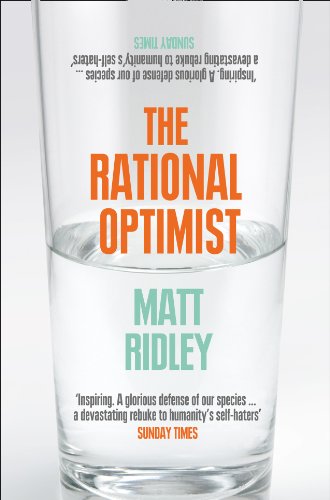
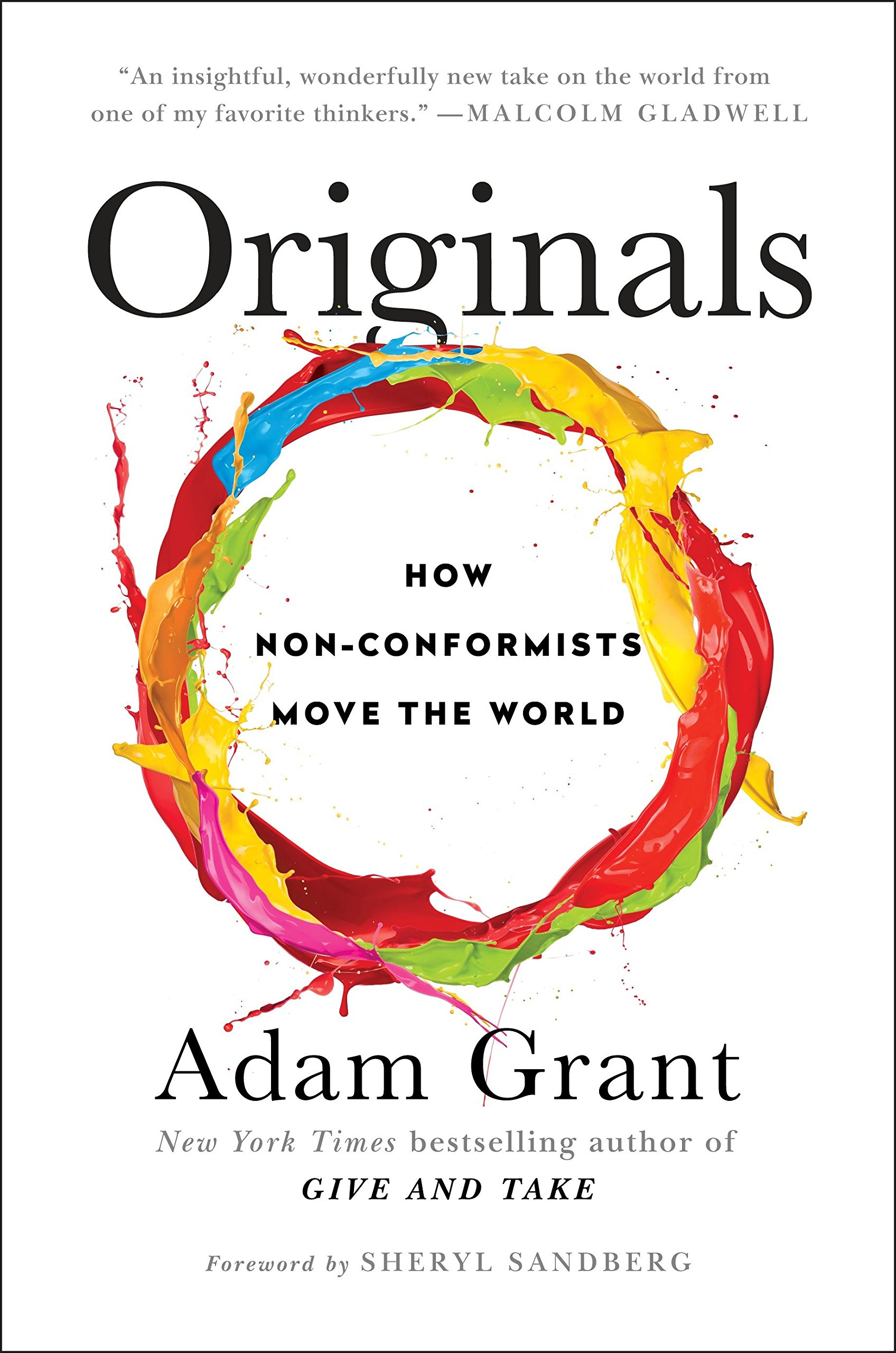
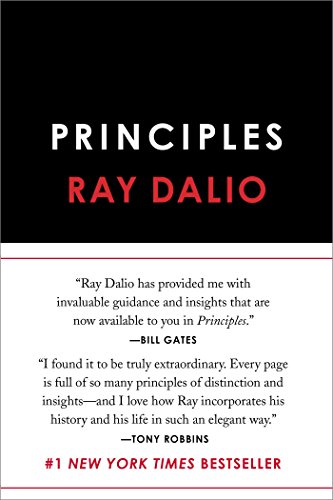
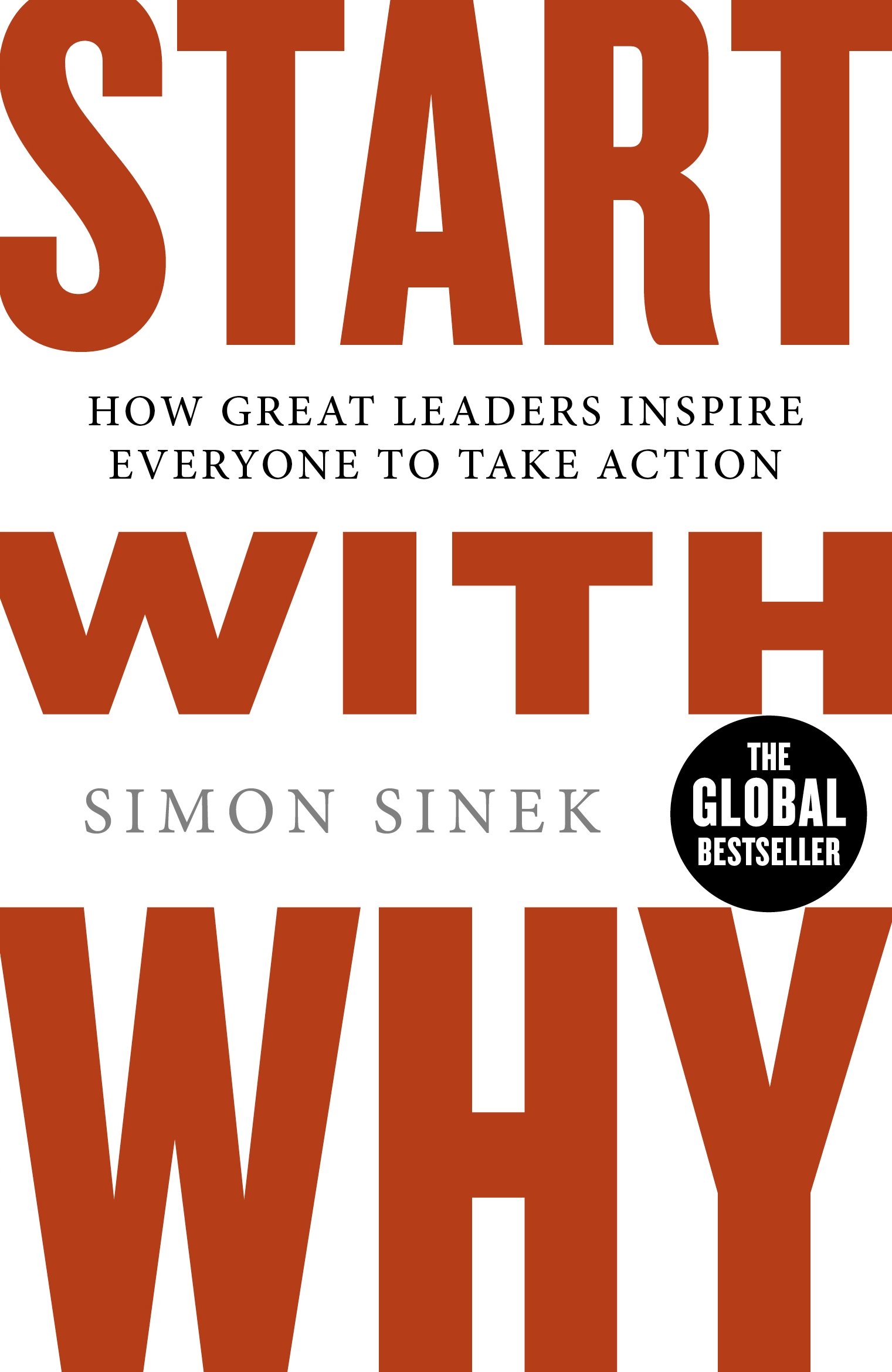
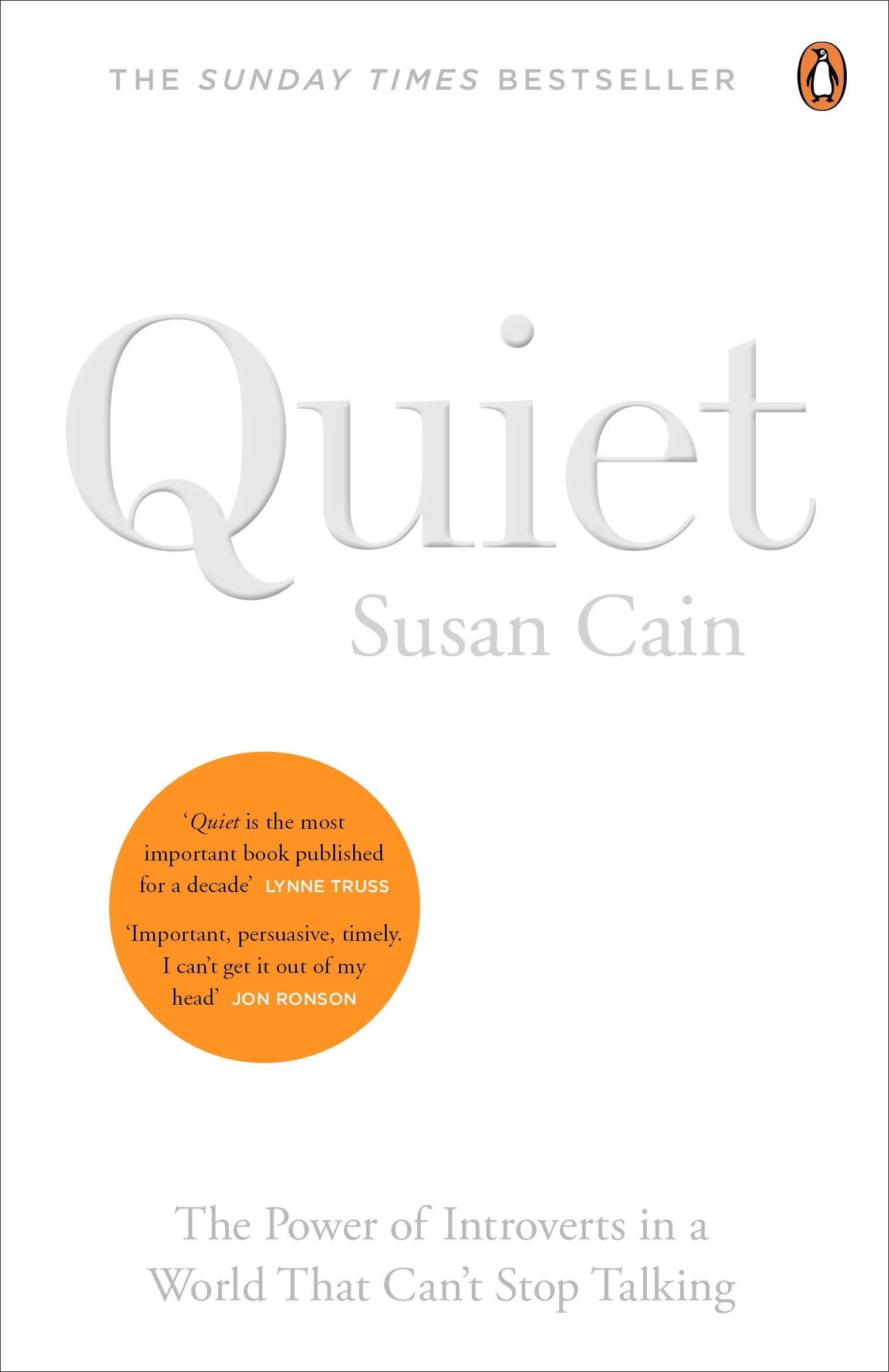
One thought on “The rational optimist by Matt Ridley”
Comments are closed.